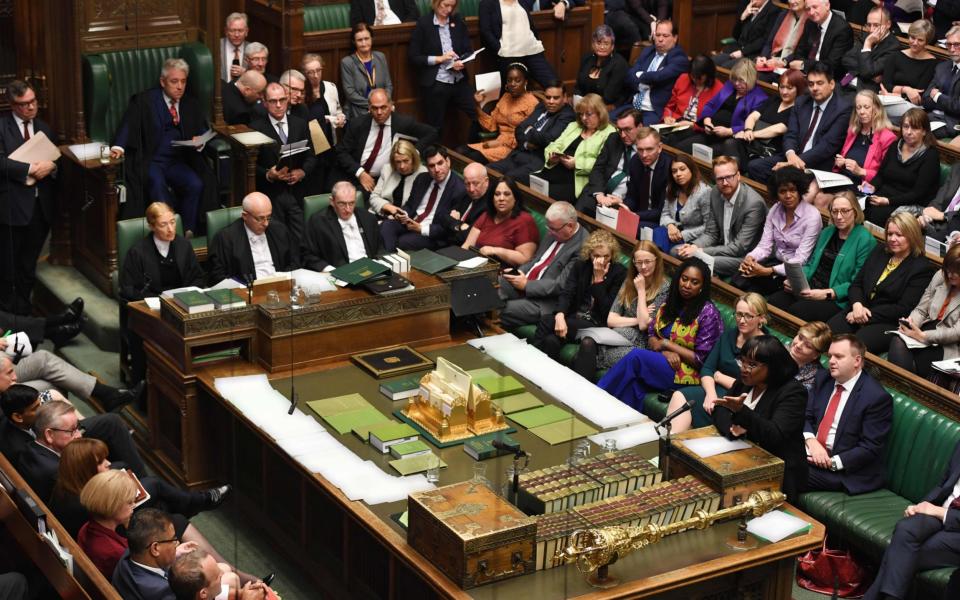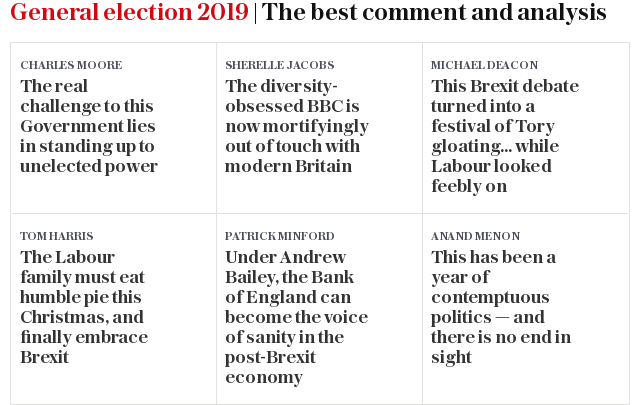Why is Parliament sitting on a Saturday and what are the Brexit options they could discuss?

Parliament is expected to sit on Saturday, October 19 in what could be one of the most important Commons’ sessions of the entire Brexit process.
Parliament has only sat on a Saturday on three occasions since the outbreak of the Second World War, and even before then it was a rare occurrence. The last time the House of Commons convened on a Saturday was after Argentina invaded the Falklands in 1982.
Why will they sit?
There is a European summit on the evening of Thursday 17, at which European leaders will consider their next steps in the Brexit saga.
On Friday it was announced that Brexit negotiations were intensifying or entering “the tunnel”. That is, a period of intense negotiation in which there is no discussion with or leaking to the press.
While the two sides remain far apart, the intensification of negotiations means the possibility of a deal is still alive.

If a deal is reached in time, it will be presented to the European Council, made up of the 27 heads of government or state of each member, who will have to approve it.
If a deal is not agreed, Boris Johnson will be sent home empty-handed.
Meanwhile, the so-called Benn Act requires the Prime Minister to request an extension to the Brexit process if he has not agreed a deal by October 19.
Therefore, Saturday 19 will be one of two incredibly important moments. Either MPs will have what could be their final chance to pass a Brexit deal and get Britain out of the EU on negotiated terms, or they will find out how Mr Johnson intends to get around the Benn Act.
A vote on any deal could be incredibly tight and will depend on whether Mr Johnson can retain the support of the DUP and his own hardliners, while also winning back former Tories and convincing a dozen or more Labour MPs to rebel against their leader.

What might that deal look like?
It’s impossible to say with any certainty. In order to ensure the best chance for the negotiations to succeed, both sides have cut out their briefing and leaking. Until there is a deal or the talks collapse, we are unlikely to hear any details from the negotiations.
What can be said, however, is that the EU has not abandoned any of its red lines. Therefore any agreement will contain something resembling the backstop and will require some kind of trade border in the Irish sea.
What other options could MPs take?
If the talks in Brussels have collapsed, Mr Johnson could go ahead and ask for a Brexit extension before the 19. If that is the case, MPs may well vote to trigger an election.
If Mr Johnson refuses to ask for an extension or somehow tries to undermine that request, MPs could be forced into a vote of no confidence to remove the PM.
If they do that, without enough time before the Brexit deadline to hold an election, they would need to try and form a so-called unity government to secure an extension.
Whatever the outcome, Saturday 19 will be an historic day.
